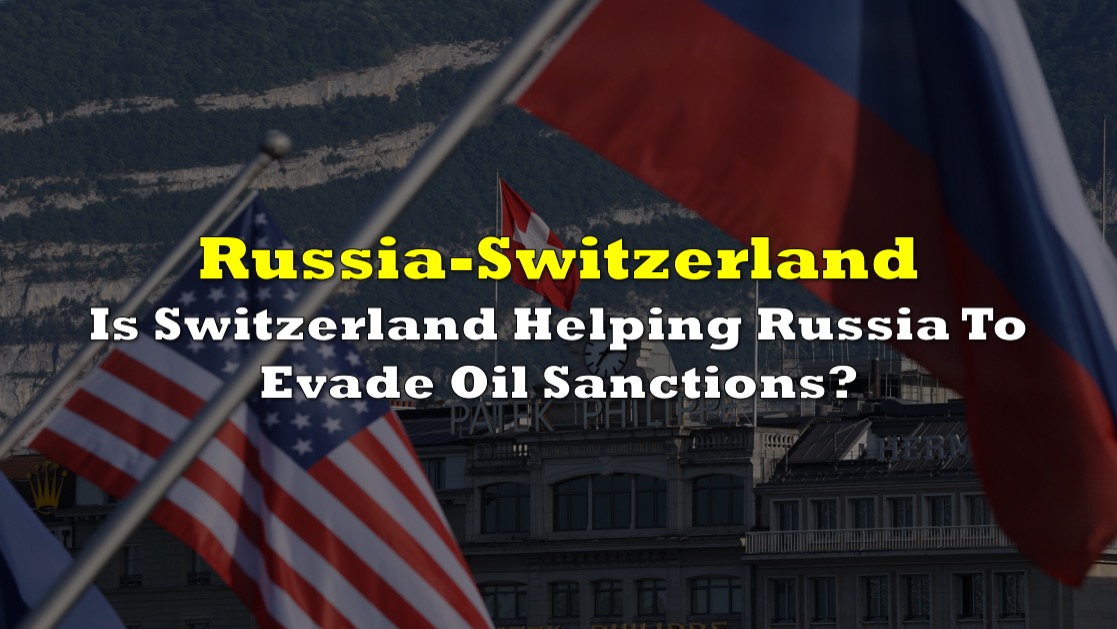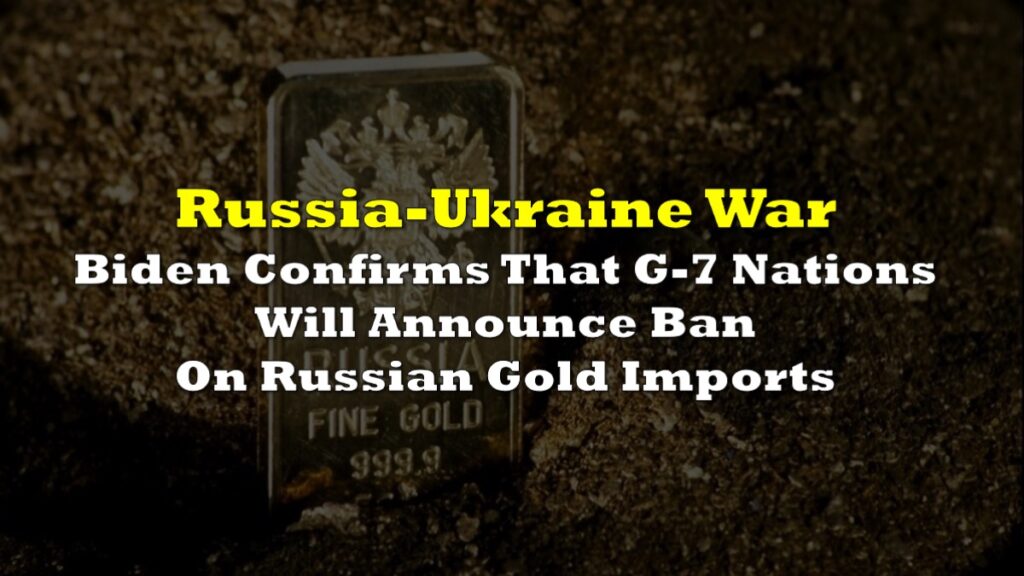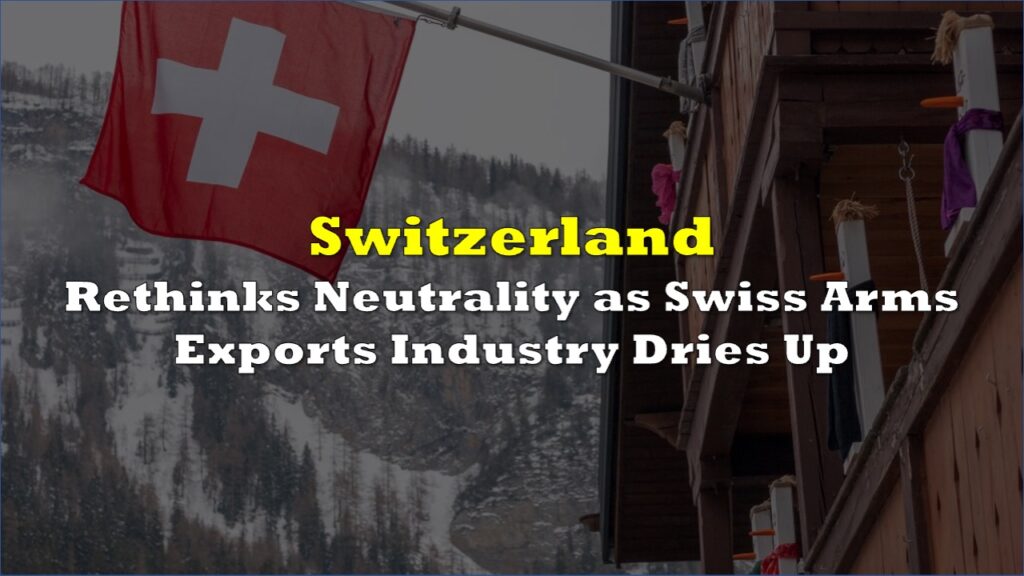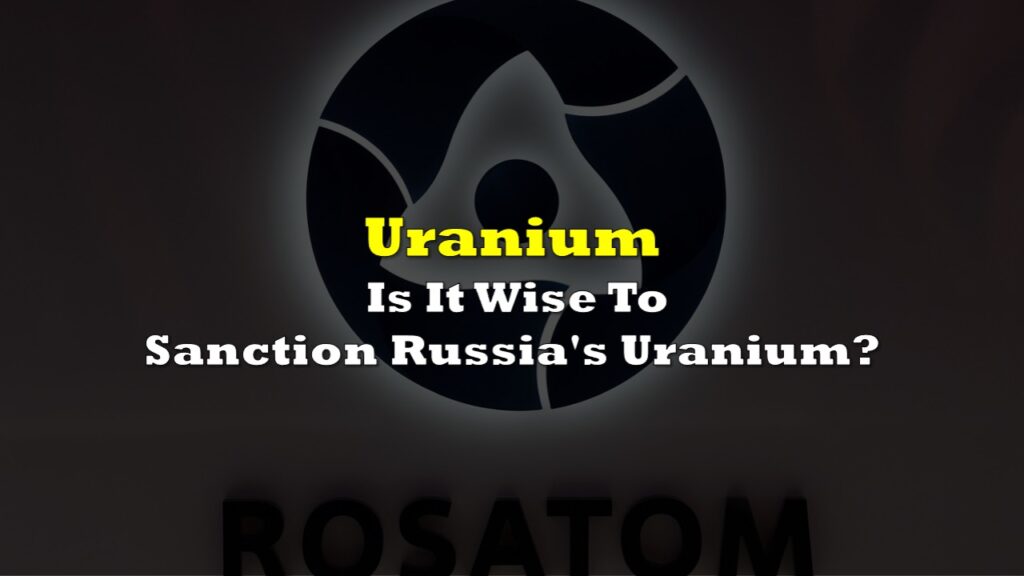Switzerland, a major oil trading hub, has witnessed a significant shift in the market landscape. Many traditional players have withdrawn, making way for obscure and elusive “pop-up” traders whose activities closely resemble those of firms based in Switzerland. The identities of these new traders and any potential involvement of Swiss nationals or companies remain difficult to trace.
Russel Hardy, CEO of Vitol, the world’s largest independent oil trader headquartered in Geneva and Amsterdam, acknowledges the significant change: “There has been a huge shift of business away from Western companies to new start-up trading companies or specialist Russian traders.”
To counter Moscow’s actions, a range of sanctions has been imposed, including restrictions on oil trading and shipping. Switzerland, in June 2022, aligned with the European Union’s sanctions that gradually banned the maritime transport of Russian crude oil. In February of the same year, Bern also complied with the EU and G7 member countries’ imposition of price caps on fuel and refined petroleum products. Since December, a limit of $60 per barrel has been imposed on directly purchased Russian crude oil.

These sanctions target Russia’s significant oil sales, which previously accounted for 30-35% of the country’s budget revenue. European countries were the largest buyers of Russian crude, with 50-60% of it being traded from Switzerland by commodity trading companies such as Trafigura, Vitol, Glencore, and Gunvor, as reported by Swiss NGO Public Eye.
In response to the challenges posed by ethical and legal concerns surrounding Russian oil, major players like BP, Shell, and Equinor terminated their Russian business in March 2022, with Swiss traders following suit. Prior to the conflict, Vitol, Trafigura, Glencore, and Gunvor collectively handled over one million barrels per day of Russian oil, constituting one-eighth of the country’s daily crude sales, according to estimates. However, since the summer of 2022, these major trading companies have officially severed ties with the Russian market.
In July, Trafigura sold its controversial 10% stake in Vostok Oil, a project led by Russian state oil company Rosneft for the development of oil and gas deposits in the Arctic. Vitol also sold its holding in December. These stakes were acquired by a small company called Nord Axis Limited, registered in Hong Kong just a week before the invasion of Ukraine, according to the Financial Times.
The void left by these major trading houses has primarily been filled by Russian and Chinese state-owned companies, as well as small companies registered in jurisdictions with low transparency that are not subject to Western sanctions against Russia. As a result, the oil market has become more fragmented and opaque, drawing concerns from NGOs and industry leaders.
The rise of these elusive “pop-up” traders with connections to Switzerland has attracted investigations by various media outlets and organizations, including the FT, Public Eye, and Global Witness. Paramount and Sunrise, two companies with similar counterparts outside Switzerland, have particularly aroused interest due to their secrecy, making it challenging to determine their ownership and whether they have violated sanctions or price caps.
The jurisdictions where these new traders operate have minimal disclosure requirements. For instance, in Dubai, private companies are not obligated to disclose directors’ names or shareholders. Paramount Energy and Commodities DMCC, a trader that emerged in the United Arab Emirates, mirrors the oil transaction flows of Switzerland-based Paramount Energy & Commodities SA. The resemblance between their names and trading patterns has drawn attention to both entities and the difficulty of ensuring compliance with international sanctions.
Mai Rosner, a senior campaigner at Global Witness, highlights the opaqueness surrounding these companies: “The problem is we don’t know who is behind these companies because they often have no websites, there is no way of contacting them. They are very opaque, and we don’t know ultimately who is controlling them.”

Switzerland’s lack of a public register of beneficial owners exacerbates the issue. Ownership and control of these companies become even more crucial, given the possibility of operating beyond the jurisdiction of price caps if the Dubai-based entity has no European employees, conducts no business in Europe, and is not controlled by a European entity. While Swiss sanctions law does not apply to nationals living abroad, this loophole presents an opportunity for globally active traders to circumvent sanctions by making minor changes to their organizational structures, according to Public Eye.
The enforcement and monitoring of the crude oil ban and price caps are complex and challenging. Switzerland, lacking its own sanctions authority, relies on its cantons, banks, or federal agencies to report violations. However, the State Secretariat for Economic Affairs has stated that it is not monitoring compliance. The Office of the Attorney General can only initiate investigations into alleged violations of sanctions if requested by the State Secretariat for Economic Affairs.
The lack of a proactive approach by Swiss authorities regarding the implementation of sanctions has drawn criticism from Ukrainian officials, US lawmakers, and numerous NGOs. The war in Ukraine has shed light on Swiss shortcomings in combating corruption, money laundering, and effectively implementing sanctions.
Despite the sanctions, Russian oil continues to enter the global market through a loophole. The crude can be shipped anywhere in the world and, once refined, imported back to Europe without penalty. This has led to significant business opportunities for refineries in countries not bound by sanctions. For example, in January 2023, India imported over 57 million barrels of Russian crude, nearly twenty times more than the previous year, according to Global Witness.
The complex rules governing the crude oil ban and price caps pose challenges for enforcement. Switzerland’s reliance on external entities to report violations, combined with the absence of a public register of beneficial owners, contributes to the difficulty in ensuring compliance. Critics argue that Swiss authorities need to take a more proactive role in implementing sanctions and addressing the country’s shortcomings in combating corruption and money laundering.
Information for this briefing was found via Swiss Info and the sources mentioned. The author has no securities or affiliations related to this organization. Not a recommendation to buy or sell. Always do additional research and consult a professional before purchasing a security. The author holds no licenses.









